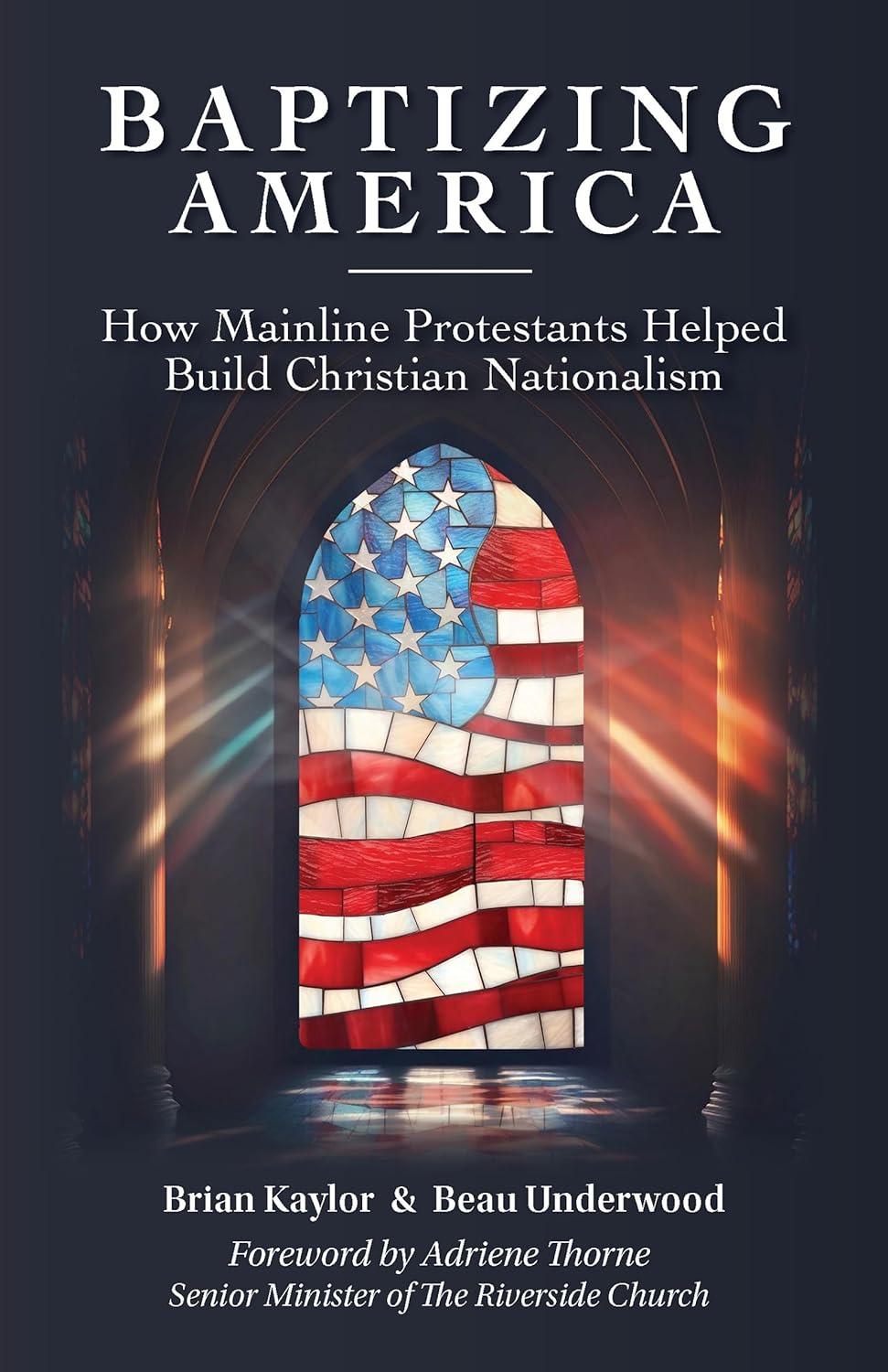The preamble to the Constitution of the Confederate States of America framed the new breakaway country as a Christian nation. It noted the people of the Confederacy were “invoking the favor and guidance of Almighty God” to “ordain and establish this Constitution for the Confederate States of America.” It marked a substantive shift away from what some people called the “godless” Constitution of the U.S., which referred to religion in its original version only by prohibiting religious tests for public office. So as the Civil War started, some Christians in the North worried that God might favor the Confederates. This line of thinking suggested that they needed to do something to invoke—and perhaps even demand—God’s blessing on the side of the Union.
In the early months of the war, Rev. Mark Watkinson sent a letter dated November 13, 1861, to the U.S. secretary of the treasury with one such solution: put God on Mammon. And who was Watkinson? The pastor of First Particular Baptist Church (now known as Prospect Hill Baptist Church) in Prospect Park, Pennsylvania. The congregation is affiliated with the American Baptist Churches USA (who back then were known as Northern Baptists).
“One fact touching our currency has hitherto been seriously overlooked. I mean the recognition of the Almighty God in some form on our coins,” Watkinson wrote to the Treasury secretary. “You are probably a Christian. What if our Republic were not shattered beyond reconstruction? Would not the antiquaries of succeeding centuries rightly reason from our past that we were a heathen nation?”
Thus, Watkinson suggested a redesign that would include “God, Liberty, Law” stamped on the money. The minister even suggested it could help with the war effort.
“This would make a beautiful coin, to which no possible citizen could object,” he added in his letter. “This would relieve us from the ignominy of heathenism. This would place us openly under the Divine protection we have personally claimed. From my heart I have felt our national shame in disowning God as not the least of our present national disasters.”
Treasury Secretary Salmon Chase agreed with the general argument. A lifelong Episcopalian, Chase was raised in his teen years by his uncle, who was an Episcopal bishop. Chase wrote a November 20, 1861, memo to James Pollock, the director of the U.S. Mint, to find a suitable way to invoke God on the coins of the Union.
